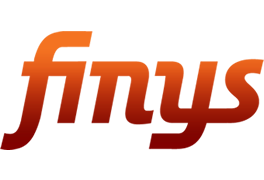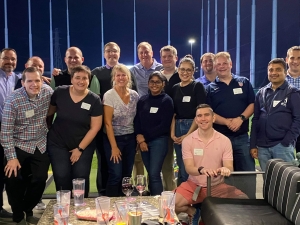How Do You Get From Here to There?
We’re often asked what it takes to be a successful software vendor. What it takes to be a successful software vendor is, in fact, what it takes to be a successful human being. While we’re not in a hurry to give away our Secret Sauce (patent pending), we do think it’s only fair to share our answers. So, here we go:
First, speak the language. Based on the people you’re talking with, and presuming you have some idea of what they think about and the ways in which they think about it, talk with them in the terms they know and prefer.
Second, if you make a commitment, make sure both parties to the commitment share an understanding of the terms of that commitment. If you expect a top-fuel dragster and we show up with a VW bug, even if it’s fully restored seeing eye-to-eye is likely to be a challenge.
Third, follow through on your commitments. If you say you’re going to do something, do it. Do it well. Do it thoroughly. Do it as if you were doing it for yourself. And bear this in mind: If you under-promise and over-deliver, you’ll never go wrong.
Fourth, stand by your work. We understand the need for flexibility. By the same token, we don’t have sliding scale of second best, third best, and so on. We’re determined to do our best and give our best in every engagement. We’ve done pretty well by that determination so far.
Fifth, be accessible. Especially if you’ve sold something to someone, buy and bye-bye is a formula disastrously unhappy outcomes. If the folks to whom you’ve made commitments can’t find you, they’re not likely to think of it as much of a commitment. Desertion may be more like it.
Finally, be accountable. Anyone can talk about responsibility, and everyone does. But there’s difference between taking responsibility for doing something and being accountable for having done it — and for having done it right.
All of that boils down to this equation: Commitment + accessibility + responsibility + accountability = success.
In case you’re still wondering, that’s how you get from here to there.


